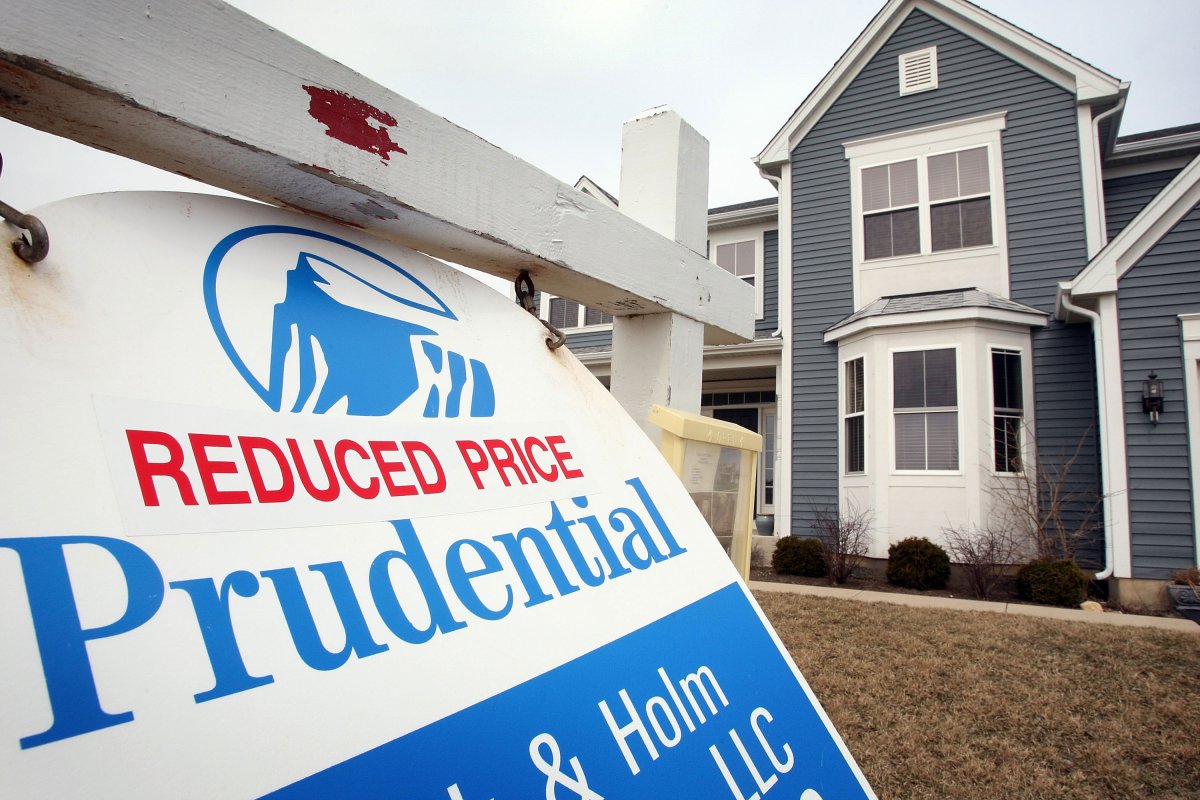A 20 per cent drop in home prices would wallop the net worth of millions of Canadian households, but the pain would be sharpest for those in their 20s and 30s – or the cohorts who hold the highest amount of debt used to finance the purchase of a home.

The CCPA used the mid-point of the Bank of Canada’s estimate that Canadian residential real estate is overvalued by between 10 and 30 per cent, and examines what would happen under such a scenario.
Here’s what Macdonald concluded:
- Roughly one in 10 homeowners in their 20s and 30s would be financially “underwater” or owe more on their mortgage than their property is worth.
- Net worth for this cohort would drop as much as 39 per cent.
Home-owning households in their 40s, 50s and older would also obviously take a hit, the report says, “but not as severely in relative terms, as they are not as overleveraged.”
The CCPA report is one among several in recent months reiterating concerns about high household debt levels and booming home prices in certain markets, such as Vancouver and Toronto, two centres that have seen already lofty real estate values accelerate this year.
The country’s two biggest housing markets account for more than 55 per cent of national housing activity.
MORE: The Great Canadian Housing Boom — latest coverage
There are far-reaching economic implications to a downturn, the report suggests.
- ‘Shock and disbelief’ after Manitoba school trustee’s Indigenous comments
- ‘Super lice’ are becoming more resistant to chemical shampoos. What to use instead
- Is home ownership only for the rich now? 80% say yes in new poll
- Invasive strep: ‘Don’t wait’ to seek care, N.S. woman warns on long road to recovery
“While these scenarios create the potential for future bankruptcies, it would also likely result in a sharp decline in spending to focus on debt repayment and deleveraging,” the report said.
The CCPA said the deleveraging of the household sector – that is, reducing the amount of household debt owed on homes – “should be a top priority for governments.”
WATCH: Trudeau cites ‘possible tools’ available to cool home prices
If a bubble exists and it pops, programs such as those seen in the United States during its real estate crash that started in 2007 “may be necessary in Canada,” the report concluded.
Here’s a look at the growth in household debt compared to income between 1999 and 2012 in a chart included in the CCPA report. Indebtedness has nearly doubled for households in their 30s, with most of the rise being attributable to mortgage debt:
![WATCH: Liberal leader Justin Trudeau a pre-election campaign stop there are ‘potential tools’ the federal government has that could allow it to step in and help regulate housing prices.[tp_video id=2210562]](https://globalnews.ca/wp-content/uploads/2015/11/leverage-by-age-cohort.png)


Comments